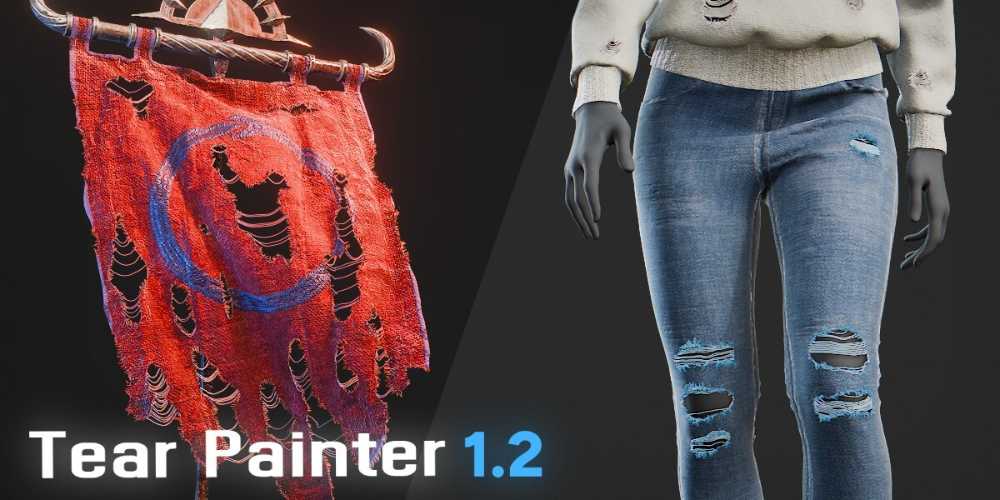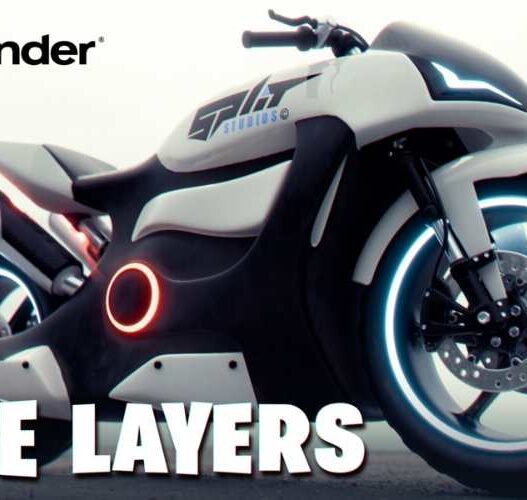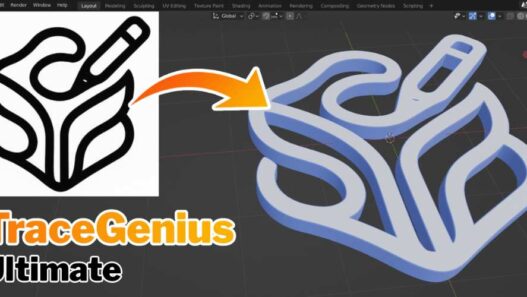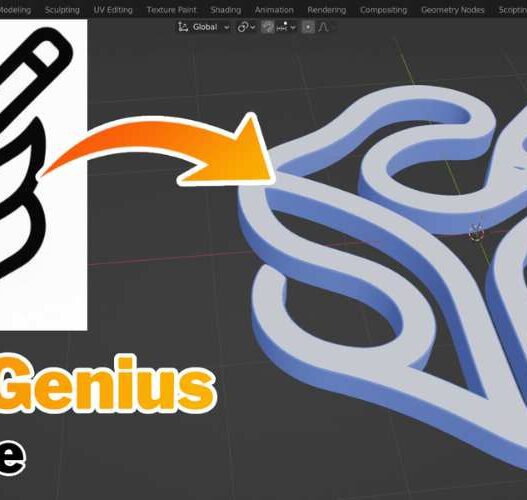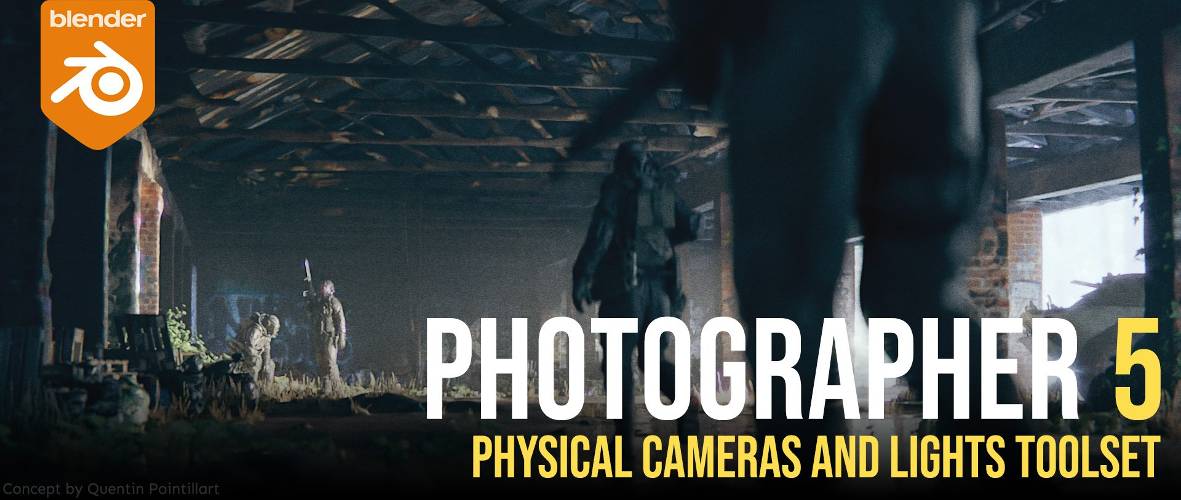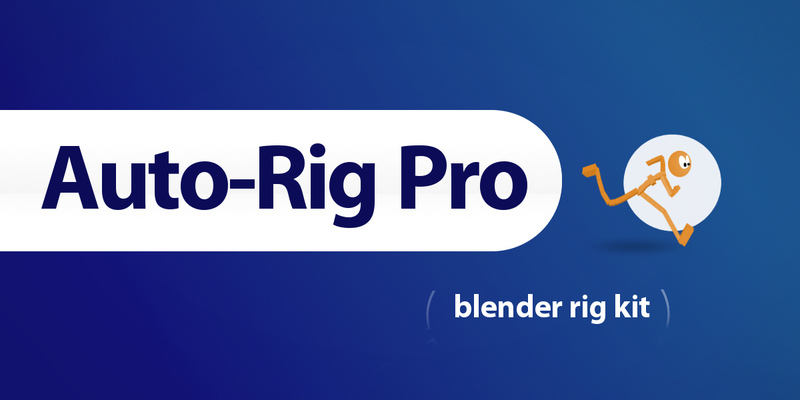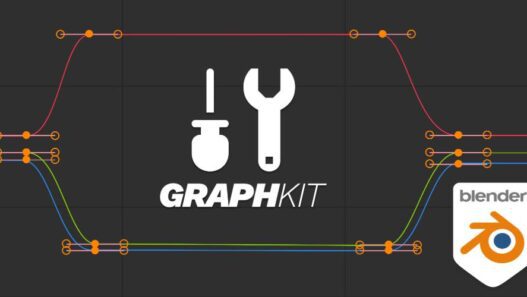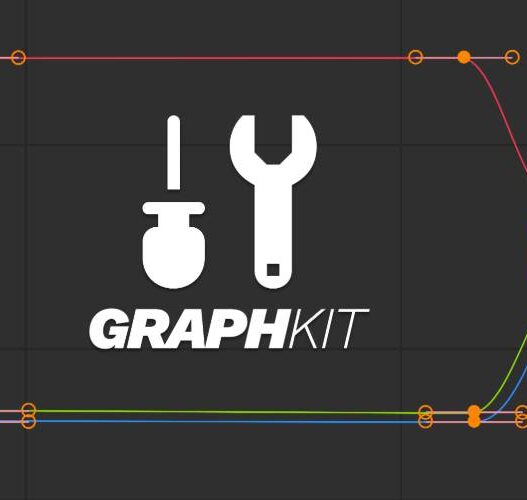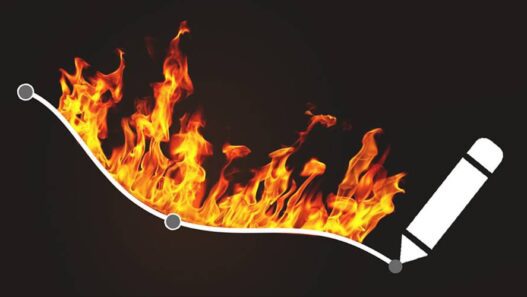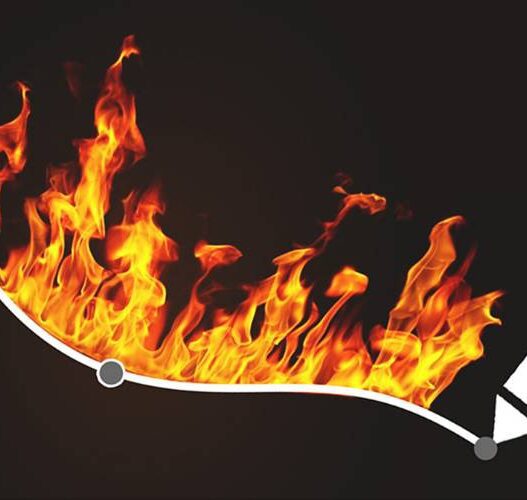Tear Painter v1.2 for Blender Free Download
Tear Painter for Blender — Create Fabric Tears Instantly
AD
If you’ve ever had to model or simulate realistic rips, holes, or wear in cloth and textiles, you know how tedious it can be. Tear Painter simplifies that by letting you create procedural tears, holes, and worn fabric surfaces with brush strokes directly in Blender.
What It Is
Tear Painter is an add-on built for Blender that enables artists to apply detailed tear and damage effects to cloth, garments, or other fabric meshes. You paint or mask the area, and the tool generates the geometry, frayed edges, holes, and thread details that look authentic and production-ready.
Key Features
Brush-based control: Define where the tear or hole appears by painting or masking the area.
Fabric weave detail: Controls for weave/warp/weft, angle, density, thickness — enabling realistic cloth structure.
Layers of detail: Tears, preserved threads, fuzz, border fuzz, roll, gravity, noise, spread.
Animation & simulation support: Works with animated or simulated fabrics — the tears adapt to the motion.
High-poly mesh support & proxy transfer: Can handle complex meshes and has workflows for transferring details from proxy to high poly.
Presets included: Fabric presets like burlap, jeans, ragged cloth to speed up setup.
Why It’s Useful
Time-saving: Manually modeling ripped edges, frayed threads or holes takes ages; Tear Painter automates a large part of that.
Realistic detail: The controls for weave, fuzz, and border effects allow subtlety that elevates the visual quality of damage or wear.
Workflow friendly: Works inside Blender, integrates with existing meshes, and supports animated or simulated cloth—so you don’t need a separate tool.
Versatile applications: Useful for fashion, game assets, environment props, creatures with torn clothing, horror or decay scenes.
Ideal Use Cases
A character asset whose clothing needs to look torn and worn (post-apocalyptic, battle-damaged, etc.).
Environment props: torn banners, shredded fabric, damaged upholstery.
Game assets that need cloth wear and tear with believable geometry rather than just texture maps.
VFX or film where cloth reacts physically (rips during motion) and the tear should adapt dynamically.
Stylised fabric damage in artistic renders — you want visible thread detail, real holes, believable fray.
Things to Consider
While Tear Painter automates much of the process, you should still check the results: ensure topology, normals and UVs behave correctly in the damaged areas.
High-poly meshes with very detailed tears may impact viewport and render performance — optimisation may be required.
For game assets, you might need to retopologise or bake details into textures, depending on how the damage is represented.
The mesh geometry requirements: for best results, your fabric mesh should have good topology, appropriate density and clean normals before applying the tool.
Final Thoughts
If you regularly deal with cloth damage, torn clothing, frayed fabrics or worn-out garments in Blender, Tear Painter is a strong tool to add to your workflow. It streamlines the process, gives you fine control over the look of the tear, and supports dynamic scenarios where fabric motion or simulation is involved.
By combining precision, flexibility and speed, Tear Painter helps you achieve high-quality results with less fuss. For character artists, environment creators, game asset developers or VFX professionals, it’s worth considering for your toolkit.
Tear Painter v1.2 for Blender Free Download
https://buzzheavier.com/yawbltjpc06w
https://zeroupload.com/1aeab4903929586aaf605f9d138a5cf4
https://ranoz.gg/file/m6x8C3I0
https://pixeldrain.com/u/UcB92Z1Z
Those who sell pirated content are losers.
If you're paying for pirated content, you're the biggest loser.
Please read the FAQ if you need basic help.
Use VPN &
FDM if you have download problems.
AD
